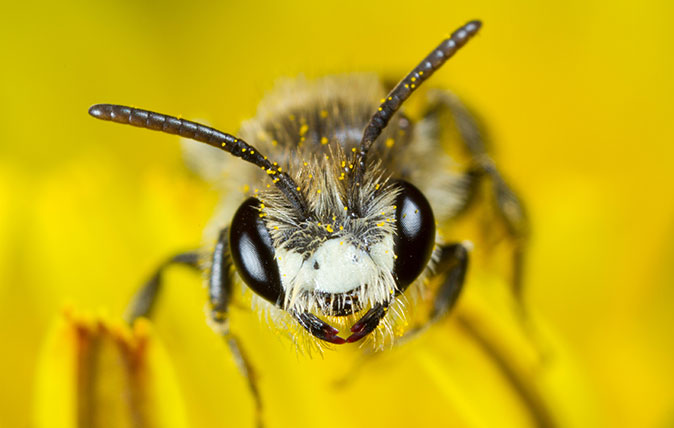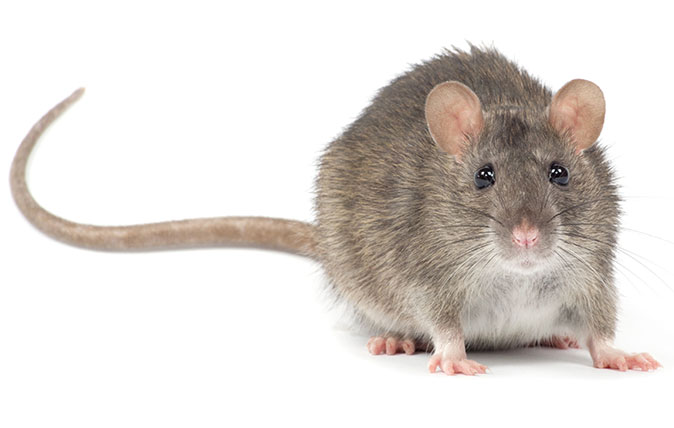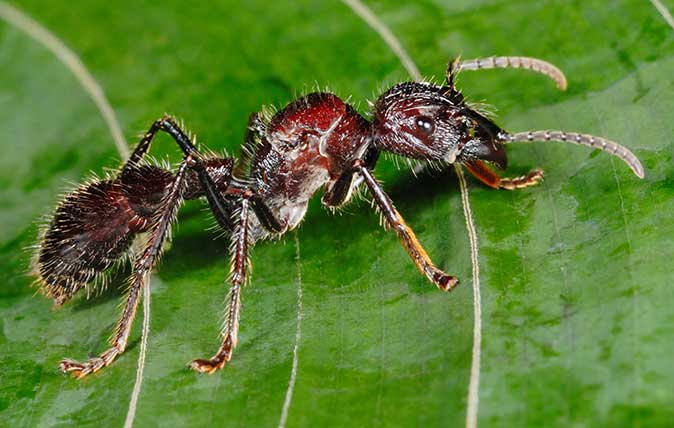Curious Questions: Why aren't there any measures for smell and taste?
Modern humans meticulously measure everything from the widths of atoms to primary school exam results, but have no equivalent for two of our most important senses. Martin Fone, author of 'Fifty Curious Questions', investigates.


We have seconds, minutes and hours. We have grams and kilograms. We have centimetres and kilometres. They are all handy, giving us a sense of precision and relativity when we are comparing one thing with another.
But it is a curious thing that in a world which is rich in smells and flavours we don’t have, at least in the vernacular, a scale at our disposal which enables us to give some relativity to the smell that assaults our nostrils or the taste that tantalises our taste buds.
Why is that?
Broadly speaking, taste is broken down into five general categories – sweet, sour, bitter, salty and the mystifying (but very trendy) umami. But how sweet is sweet? And is one person’s sweet another person’s bland?
The journal, Chemosensory Perception, published an article in 2015 entitled The relationships between common measurements of taste function. Its heavy, almost indigestible nature will not be to everybody’s taste but within it may be the answer to our question.
A team of scientists conducted an experiment on 65 women using the five common, independent measures deployed to characterise the taste function in we Homo sapiens. The focus of their experiment was to see whether there was any correlation in the results between any of the methods, in order to establish a consistent method for measuring and describing the taste sensation we experience.
When the results were analysed, they found that there was very little in the way of correlation and were forced to conclude that ‘there are perceptual phases of taste, with no single measure able to represent the sense of taste globally.’
Exquisite houses, the beauty of Nature, and how to get the most from your life, straight to your inbox.
In other words, everyone’s perception of taste differed in ways that couldn’t be categorised consistently - a case of chacun à son goût, if there ever was one. Where there is no consensus, it is very difficult to create a meaningful table of relativity.

At least with taste we have five broad classifications. When it comes to smell, we know what is pleasant and what is obnoxious but other than expressions that broadly indicate our reaction to a whiff, our speech is remarkably deficient of any rigorous metrics to gauge the relativity of a smell to some Platonic ideal.
Some have had a go. Take the Danish environmental scientist, P O Fanger. In 1988 he came up with the ‘olf’, which is the odour given off by a standard person –which he defined as someone in a sedentary occupation, who takes 0.7 baths a day and has a skin surface of 1.8 square metres. A heavy smoker emits 25 olfs and an athlete, presumably after their exertions, a whopping 30.
As a dyed in the wool Englishman I use our bath to store coal and I’ve no idea what my skin surface is. As I’m above average size, vertically if not in profile, and shower daily, I suspect I may be somewhere near Fanger’s standard.
But who knows? And frankly it is no real help in determining the relativity of smells.
I’m no fan of radio talk shows but some hosts, like Danny Baker, can riff on even the most mundane subject in an amusing and occasionally instructive way. An American equivalent, Adam Corolla and his sidekick, Dr Drew, hosted a show called ‘Lovelines’, a regular feature of which was to position the latest shocker of an olfactory experience on a scale running from 0 to 100 – Hobo Power.
A sort of spectrum soon emerged. Zero was awarded to a smell which had no whiff at all whereas the top score was awarded to a smell that would cause instant death by asphyxiation. A lovely source for a discussion in a pub, for sure, but all a bit too subjective for my taste and a scale that only concentrates on the more fetid of smells just doesn’t cut the mustard.
In the meantime we will just have to make do with terminological inexactitude and personal sensibilities. But at least we know why.
Martin Fone is author of ‘Fifty Curious Questions’, from which this piece is an excerpt – find out more about his book or you can order a copy via Amazon.

Curious Questions: Who invented tennis?
It's 150 years since the All England Lawn Tennis and Croquet Club was formed – though originally it was solely for

Curious Questions: Do love potions actually work?
The idea of a potion that can make someone fall in love is as old as the idea of love

Credit: Alamy
Curious Questions: Are bees really busy?
We've all used the phrase 'busy as a bee' – but is it justified? Or are bees just as liable

Curious Questions: How do you make the perfect cream scone?

Curious Questions: What is the perfect hangover cure?
If there's a definite answer, it's time we knew. Martin Fone, author of 'Fifty Curious Questions', investigates.

Credit: Getty Images
Curious Questions: Are weather forecasts really as bad as you think they are?
Weather forecasters might not always get it right, but technology is making meteorology more of an exact science than it

Credit: Alamy
Curious questions: Are you really never more than six feet away from a rat?
It's an oft-repeated truisim about rats, but is there any truth in it? Martin Fone, author of 'Fifty Curious Questions',

Credit: Photo by FLPA/Hugh Lansdown/REX/Shutterstock – Bullet Ant (Paraponera clavata) adult, standing on leaf in rainforest, Tortuguero N.P., Limon Province, Costa Rica
Curious Questions: What is the world’s most painful insect sting – and where would it hurt the most?
Can you calibrate the intensity of different insect stings? Martin Fone, author of 'Fifty Curious Questions', investigates.
After graduating in Classics from Trinity College Cambridge and a 38 year career in the financial services sector in the City of London, Martin Fone started blogging and writing on a freelance basis as he slipped into retirement. He has developed a fearless passion for investigating the quirks and oddities of life and discovering the answers to questions most of us never even think to ask. A voracious reader, a keen but distinctly amateur gardener, and a gin enthusiast, Martin lives with his wife in Surrey. He has written five books, the latest of which is More Curious Questions.
